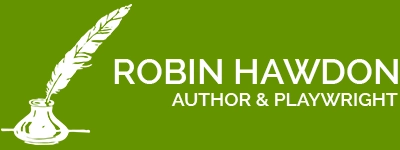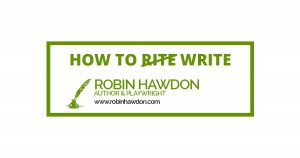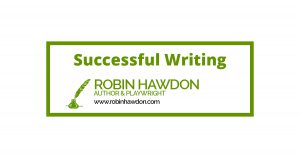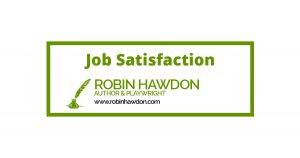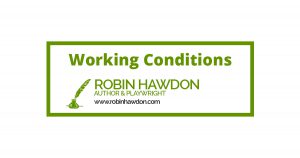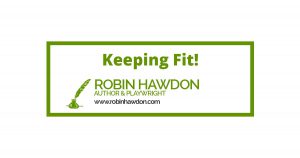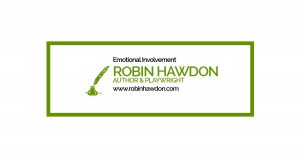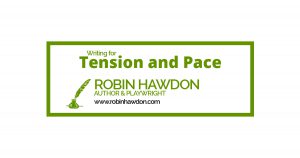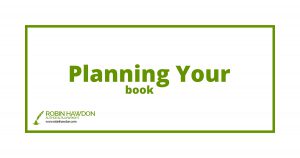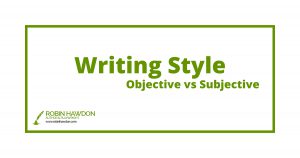Okay – let’s get to the writing itself.
The first thing to decide is what kind of writing to embark on – i.e. which genre or medium is best for your talents. This may sound obvious, but it’s extraordinary how many authors don’t give it much thought.
Most assume that they wish to write either a novel, or a non-fiction book about their area of expertise, or an autobiography, or, less frequently, poetry.
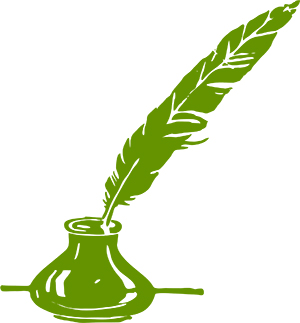
These are the most obvious genres, and all are viable, but there are other fields. And if you are finding the whole process of writing the next Pride and Prejudice, or even, having written several of them, barely managed sales in double figures, then you may wish to consider other options.
Every medium has its pros and cons, so let’s look at each in turn.
NOVELS
Of course the largest field, and the one most are familiar with.
PROS
- Probably the genre that the majority of aspiring and established writers first consider.
- Results in a solid, tangible product that you can circulate to agents, publishers, friends and followers (even if it doesn’t get anywhere commercially).
- If successful can lead to commissions for the next one, and to possible film or TV adaptations.
- Can be self-published, if you have the means and the tenacity to do it.
CONS
- Requires a HUGE amount of effort and dedication in the writing. For novices at least a year, if not ten, before your book is in really good shape.
- Extremely difficult to get published. There are far too many titles out there (approaching 200,000 annually in the UK alone – 300,000 in the USA). Agents and publishers are therefore extremely chary about taking on new writers, and if you do embark on the self-publishing route, then you have to be prepared to spend a great deal of time and probably money to succeed (For great advice on this, go to – https://davidgaughran.com/FollowingResources/ )
NON-FICTION
PROS
- If you have real expertise and inside knowledge of your subject, then you may well find a market – especially if its about something not much covered before.
- You don’t need a wonderful literary style, just a good intelligent grasp of language, and a clear idea of how you wish to present your theme.
- Agents and publishers are more readily willing to look at your work, provided its not too much of a niche subject.
- Marketing is easier because the target audience is obvious.
CONS
- You will probably require a good amount of illustrations/graphs/statistics as well as text, which may be tricky and expensive.
- There are also an enormous number of titles out there, covering most subjects, so there will still be a battle to get it to the forefront.
- Google and Wikipedia now produce a vast amount of info on everything, so how are you going to make your book more attractive than the stuff people can find on the internet?
AUTOBIOGRAPHY
Only commercially viable if you are a celebrity. If you just want it as a record of your interesting life and achievements for family and descendants, then go for it!
POETRY
An attractive product which devotees love. However they are quite a small minority so publishers are very wary, unless you already have a track record in competitions or other publications. Take a look at this site which lists many publications that engage with poetry and poetry prizes – https://www.neonbooks.org.uk/big-list-literary-magazines/
Now to alternatives.
STAGE PLAYS
Have you considered whether your subject might make a good piece for the theatre instead?
PROS
- Takes much less time to write than a novel. Once I have the initial idea, my plays usually take a maximum of two months to write. The essence of drama is economy. Every statement, every emotion has to be condensed into as few words as possible. No lengthy literary descriptions here.
- A far more accelerated and intense process than writing a novel. You are living in real time along with your characters and the adrenalin flows.
- Probably easier to get theatres and producers to consider than it is with books. They don’t require so much time, and they can see very quickly if it’s something that interests them. However, just as difficult to break through the barriers.
- Much more fun from play production than with book publication. You are involved with the casting, the set design, and probably the rehearsals. You and your circle can attend first nights and all the razzmatazz of show-biz. Whereas with books, publication day arrives and little happens except the weather.
- If your play is a success, then the ongoing possibilities are considerable. Further productions, tours, foreign productions (the world is always looking to Britain for new plays because of our great theatrical tradition).
CONS
- As stated, difficult to break through the competition.
- The end product is not entirely in your hands. You are reliant on good producers, directors, actors. The result may not entirely be to how you envisaged it.
- You should be fairly familiar with modern theatre trends, especially if you are writing a contemporary piece. Which means going to the theatre a fair bit.
FILMS
A hugely exciting medium to work in, and also a hugely difficult one to break into. However, if you have a really exciting story to tell then there will always be someone somewhere who will be interested.
PROS
- As with theatre, it’s all down to the dialogue. No need for brilliant descriptions and superb literary style. In fact no need for much dialogue either. It’s all in the pictures.
- There is no limit to your imagination. Film techniques and CGI allow you to go anywhere, invent any setting, dream up the wildest action scenes, cast as widely as you wish.
- Again, once you are produced, the fun begins.
CONS
- As always, extremely difficult to sell your script. There are hundreds of screenplays floating around out there. Films require big budgets, and so projects have many hurdles to jump. I have been commissioned or sold rights to various film companies over the years, but none have resulted in an actual film, except in obscure foreign languages. (However, something to think about – the majority of films are made from already published novels, where the story is so much easier for producers to envisage).
- Requires a special learning curve to know how to lay out your script, and also how to tell your story with the right descriptions to the minimal dialogue so that the reader understands. “(wryly) Piss off!” means something quite different to “(aggressively) Piss off!”
TELEVISION
Much the same applies here as for films.
PROS
- A huge market now with the advent of Netflix, Google, Amazon and all the other entries into the international TV field.
- Requires less effort than with film scripts because timescales and themes are usually more constricted.
- You can come up with bold, original concepts, because TV is always on the lookout for these. And will accept a lot more dialogue than films.
CONS
- Much of the product is conceived in-house, and it’s difficult for outsiders and freelancers to break through.
- As with films, learning how to present and promote your idea is a whole education in itself. But then I suppose that applies to all media.
So have a think about all those. And perhaps turn that much cherished and agonised-over novel or biography into a six part TV series (for which you need only write the first episode and a synopsis).
Subscribe to Books & Stuff
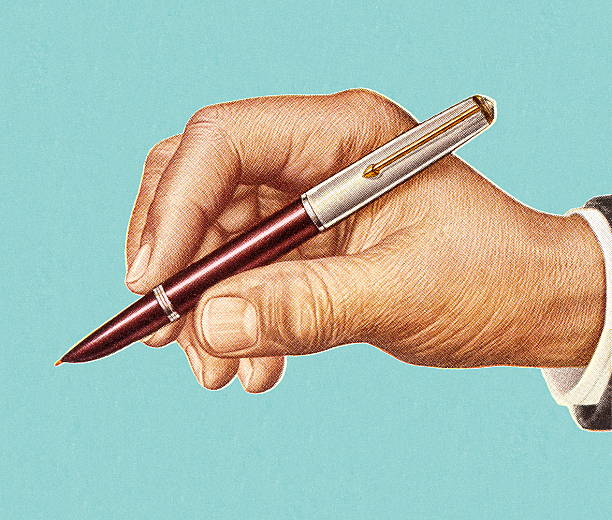
Email Robin for a FREE online flip-book edition of 'Dinner With Churchill' (or his previous books, 'The Land, The Land' and 'Number Ten').
